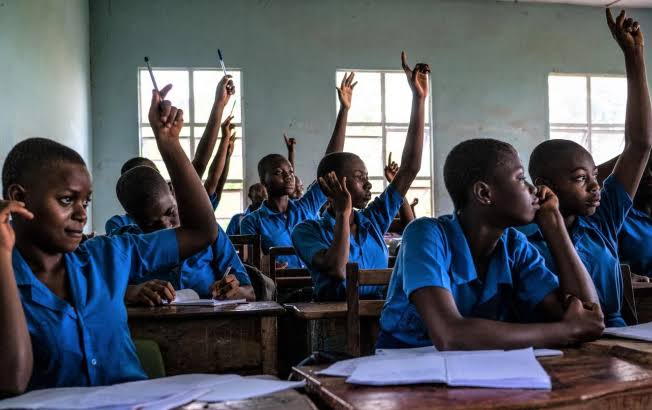The Challenges Facing Educational Leadership in Nigeria

The Challenges Facing Educational Leadership in Nigeria
Educational leadership in Nigeria is confronted with numerous challenges that hinder the effective management and administration of educational institutions. One of the primary challenges is inadequate funding, which affects the quality of education, infrastructure, and resources available to schools. Many educational institutions in Nigeria struggle to provide basic facilities such as classrooms, libraries, and laboratories, making it difficult for students to learn effectively.
Another significant challenge is the lack of qualified and experienced leaders in educational institutions. Many school administrators lack the necessary training and expertise to effectively manage schools, leading to poor decision-making and inadequate leadership. Additionally, the politicization of educational appointments and promotions has led to the placement of unqualified individuals in leadership positions, further exacerbating the problem.
Corruption is also a major challenge facing educational leadership in Nigeria. The embezzlement of funds meant for educational development and the manipulation of examination results are just a few examples of the corrupt practices that plague the education sector. This has led to a lack of trust in the education system and a decline in the quality of education.
Furthermore, educational leaders in Nigeria face challenges related to teacher quality and motivation. Many teachers are not adequately trained, and those who are trained often lack the motivation to teach effectively due to poor working conditions and inadequate remuneration. This has resulted in a shortage of qualified teachers, particularly in critical subject areas such as mathematics and science.
The impact of insecurity and instability on educational leadership in Nigeria cannot be overstated. Many schools have been affected by conflicts, kidnappings, and other forms of insecurity, leading to the displacement of students and teachers. This has disrupted the learning environment and created a sense of uncertainty among students, teachers, and parents.
In addition, the lack of autonomy and academic freedom in Nigerian educational institutions has limited the ability of leaders to innovate and respond to the needs of their students and communities. Many educational institutions are overly regulated, and leaders are forced to follow rigid guidelines that stifle creativity and innovation.
In conclusion, educational leadership in Nigeria faces numerous challenges that require urgent attention. To address these challenges, policymakers and educational leaders must work together to develop and implement policies that prioritize funding, leadership development, teacher quality, and security. By doing so, they can create an environment that supports effective teaching and learning, and ultimately, the development of Nigeria’s human capital.






